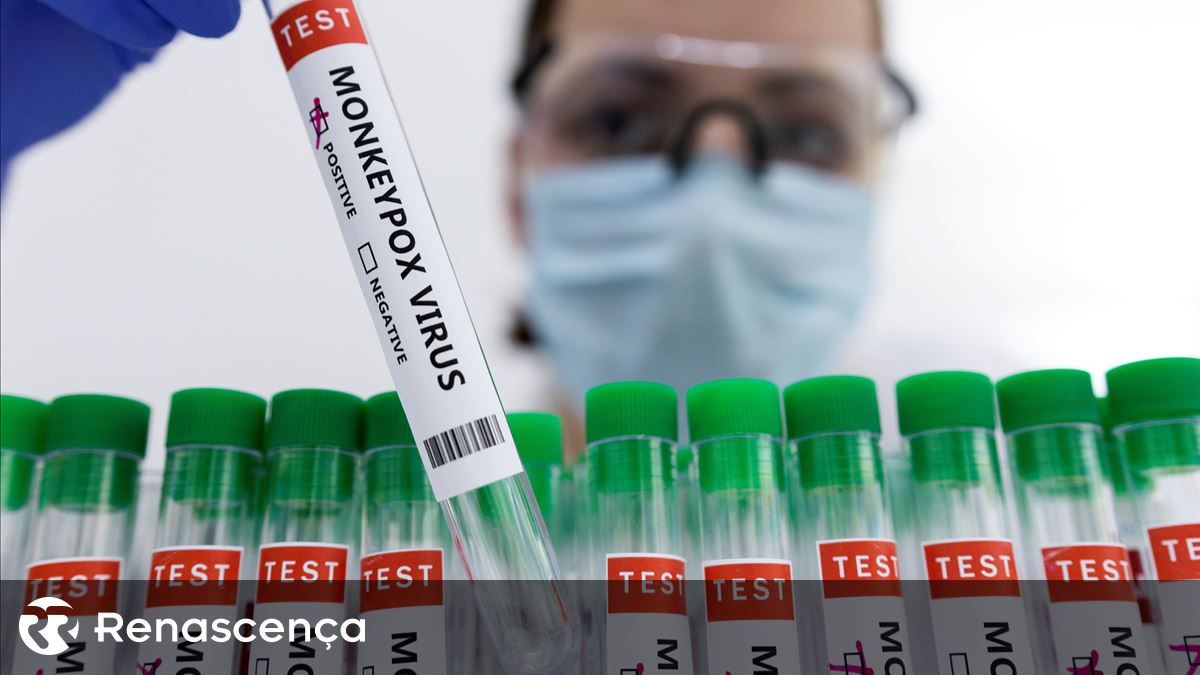Agency health The African Union will “likely declare a public health emergency” next week in response to the monkeypox epidemic in Africa, the head of the African Union announced today.
The declaration of a “public health emergency,” which will “likely” come next week, is the first from the Africa CDC. [Centros de Controlo e Prevenção de Doenças da UA] “Since his appointment in 2023,” its director, Jean Cassia, told reporters.
“This is a request from the Africa CDC to make it public. We have to go through a series of steps to understand the scale of the problem and the appropriate measures that need to be taken to prevent this situation from becoming another pandemic,” Kassia warned.
The AU agency director stressed the importance of “mobilizing the international community to know what is happening in Africa,” even though the World Health Organization is responsible for issuing the declaration.
According to data provided by Cassia, between 2023 and 2024 there was a 160% increase in cases, meaning that this year there will be “more than double what there were in 2023 and more.”
“This is one of the aspects that worries us (…). In addition, 70% of those affected are under the age of 18. We are losing young people in Africa,” he added.
“We work with young people and help them get enough information so they can share it,” he added.
Given this situation, the official said there was a need for “at least 10 million vaccines,” a number far below the 200,000 available so far.
Smallpox [mpox] “It's a fact, and it's affecting our countries. People are dying. We've learned from COVID-19 and we don't want to repeat the same mistake.”
He therefore indicated that he is meeting with political leaders and the international community “to seek their blessing and guidance to declare a state of emergency,” which will enable the release of funds and the start of the continental response.
According to information released today by the World Health Organization, 15 African countries are currently experiencing outbreaks of so-called “monkeypox,” caused by a new strain of the smallpox virus, with a total of 2,030 confirmed cases and 13 deaths so far this year. This compares to 1,145 cases and seven deaths in the whole of 2023.
The director-general of the UN agency, Tedros Adhanom Ghebreyesus, confirmed on Wednesday that the emergency committee that advises him on the outbreak of the disease, which could have international repercussions, will discuss as soon as possible whether to re-declare smallpox as a public health emergency.
This qualification is the highest alert that the World Health Organization can issue, and it is the head of the World Health Organization who can issue it based on the opinion of the committee.
Cases of the disease are multiplying in Africa, with the main infectious focus being the Democratic Republic of the Congo, a country bordering Angola, which was already an international health emergency in 2022-23.
Cases were first reported in Burundi, Kenya, Rwanda and Uganda, while cases in the Democratic Republic of the Congo have also been observed in previously unaffected provinces.
The Central African Republic was the last African country to declare a smallpox outbreak on August 1.
Poxvirus is transmitted mainly through direct or indirect contact with the blood, body fluids, skin lesions, or mucous membranes of infected animals.
The new strain of Mex causes rashes all over the body, whereas those caused by the previous ones were found on the mouth, face or genitals.

“Wannabe internet buff. Future teen idol. Hardcore zombie guru. Gamer. Avid creator. Entrepreneur. Bacon ninja.”

